Author Interview with Lily Iona MacKenzie Writer of Freefall: Divine Comedy
Connect with the Author on Facebook, Twitter, Instagram, Linkedin, Pinterest, and her Website
 A Canadian by birth, a high school dropout, and a mother at 17, in her early years, Lily Iona MacKenzie supported herself as a stock girl in the Hudson’s Bay Company, as a long distance operator for the former Alberta Government Telephones, and as a secretary (Bechtel Corp sponsored her into the States). She also was a cocktail waitress at the Fairmont Hotel in San Francisco, briefly broke into the male-dominated world of the docks as a longshoreman (she was the first woman to work on the SF docks and almost got her legs broken), founded and managed a homeless shelter in Marin County, and eventually earned two Master’s degrees (one in Creative writing and one in the Humanities). She has published reviews, interviews, short fiction, poetry, travel pieces, essays, and memoir in over 155 American and Canadian venues. Her novel Fling! was published in July 2015 by Pen-L Publishing. Curva Peligrosa, another novel, was published in 2017. A third novel, Freefall: A Divine Comedy will be released on 1/1/19. Her poetry collection All This was published in 2011. She currently teaches creative writing at the University of San Francisco’s Fromm Institute of Lifelong Leaning. She also maintains a blog at https://lilyionamackenzie.com.
A Canadian by birth, a high school dropout, and a mother at 17, in her early years, Lily Iona MacKenzie supported herself as a stock girl in the Hudson’s Bay Company, as a long distance operator for the former Alberta Government Telephones, and as a secretary (Bechtel Corp sponsored her into the States). She also was a cocktail waitress at the Fairmont Hotel in San Francisco, briefly broke into the male-dominated world of the docks as a longshoreman (she was the first woman to work on the SF docks and almost got her legs broken), founded and managed a homeless shelter in Marin County, and eventually earned two Master’s degrees (one in Creative writing and one in the Humanities). She has published reviews, interviews, short fiction, poetry, travel pieces, essays, and memoir in over 155 American and Canadian venues. Her novel Fling! was published in July 2015 by Pen-L Publishing. Curva Peligrosa, another novel, was published in 2017. A third novel, Freefall: A Divine Comedy will be released on 1/1/19. Her poetry collection All This was published in 2011. She currently teaches creative writing at the University of San Francisco’s Fromm Institute of Lifelong Leaning. She also maintains a blog at https://lilyionamackenzie.com.
My novels all feature sexy, adventuresome, & inspirational women and men, some of them over 60, breaking boundaries! They also all feature at least one visual artist, and art is a major theme in my work.
How did you do research for your book? I have visited both Whistler, B.C., and Venice, Italy, so that is part of my research since a third of Freefall: A Divine Comedy takes place in Whistler. The other two thirds happen in Venice. Otherwise, to a writer, Google is similar to what the priestess at Delphi must have been to Greek citizens. It answers so many questions that it almost eliminates the need to use the word “research”! Each novel has different requirements, and Freefall called more on my imagination than actual digging for info, but there’s always some of the latter that goes on.
How does the “divine comedy” aspect of your novel’s title express itself in the book? Why did you decide to tell the reader it was a divine comedy before s/he reads the book? I’m not saying Freefall is “THE” divine comedy but “A” divine comedy, and I put emphasis on Divine to add irony and a touch of humor, hoping that will entice readers to pick up the book. Traditionally, a work that calls itself a comedy involves a high-spirited celebration of human sexuality and the triumph of eros. Freefall is no exception. Tillie, the main character, is a wacky installation artist who is trying to finally make her mark in the art world by crashing the Venice Biennale. Lots of zany things happen as she attempts to do this, and two-thirds of the novel take place in Italy, Dante’s birthplace. He’s famous for writing the epic poem The Divine Comedy in the 1300s. If you read the book, you’ll also see the irony of calling my novel a “divine” comedy given that one of the main characters Tillie hooks up with in Venice is a half-Ethiopian, half Italian, vertically challenged priest!
What made you write a book about four women reuniting for their 60th birthdays? When I was in my late teens, I had moved to Toronto from Calgary with three girlfriends. After our time there, we pretty much lost touch with each other. Several years later, I spent a few days at Whistler, B.C., with two of those women, and that led me to wondering what might happen if all four women met for an extended period of time. What would the dynamic be compared to what it was in those early years? Could they find common ground after each had taken such different paths?
Where do you get inspiration for your stories? Often my narratives start because I want to answer a question I have, as was the case with Freefall. It also is what started me off on my writer’s quest in Fling! My grandmother had joined her Scottish schoolmaster husband (my grandfather) after he had moved to Calgary, Canada, before WWI broke out, bringing four of their five children with her, including my mother. A year later, she left the family because my grandfather was abusive and supported herself by being a live-in housekeeper for a wealthy Mount Royal family. She had an affair with her boss, and the two of them took off for Mexico City. He returned to Canada. She didn’t.
I, of course, didn’t know her, but I always wondered about this woman who had made such bold decisions at a time when most women stayed close to the hearth. When Bubbles, one of Fling!’s main characters receives a letter from the Mexico City dead letter office, asking her to claim her mother’s ashes, left there seventy years earlier, she convinces her daughter Feather to take her there. And that’s what starts Fling!’s main characters on their journey.
Another of my novels, Curva Peligrosa, began because I had read about a tornado attacking a small Canadian town and wreaking havoc. For some reason, that image captured my imagination and wouldn’t let it go. The novel starts with a tornado that drops the main character, a woman from southern Mexico (Curva Peligrosa) who had been using her purple outhouse when the tornado struck, into the center of town. And it takes off from there at a great pace!
There are many books out there about women and relationships. What makes yours different? There aren’t many novels that focus on older women, as two of mine do (Fling! and Freefall). Unfortunately, this age group has been sidelined. Some think they are too old to contribute in a substantial way to mainstream society. In other respects, they are too young to be thought of as old. Neither approach is correct, and Freefall presents a fuller, better view. Freefall is long overdue for all readers who seek strong role models to guide them in their later years. In this novel, they’ll find complex, multifaceted characters that are willing to push the envelope and discover alternate ways of approaching aging. One reader of Freefall has claimed that “These fascinating characters will fill your imagination, defying expectations about aging, art, and what truly matters in life. —Laurie Ann Doyle, author of World Gone Missing. And readers also will have many laughs along the way!
What advice would you give budding writers? Give yourself lots of time to mature as a writer. It’s a vocation that doesn’t develop overnight, so you need persistence and determination in order to succeed. It also helps to take writing workshops. They can help prepare you for the kind of criticisms you’ll face when sending out work to publishers and therefore help you to develop some callouses. But these classes can also offer a shortcut to learning the fundamentals of writing strong narratives (or poems). Most important is to read deeply and widely so you can learn from other writers and have numerous models. There are so many ways to structure a narrative or poem that you need to explore extensively. And remember that the heart of writing is rewriting. Revise. Revise. Revise!
Do you have another profession besides writing?I have taught writing for over 30 years to incoming freshman at the University of San Francisco (USF) and other Bay Area colleges. Now I’m teaching creative writing to older adults at USF’s Fromm Institute for Lifelong Learning. It has been exciting to help these older students find meaning in certain passages from their earlier lives, and it’s a privilege to join them in these explorations. I try to help them strengthen their narratives by applying basic story-telling elements such as using imagery that appeals to multiple senses and being open to the possibilities inherent in their memories.
How long have you been writing? When I was 25 and working as a customer service representative for Olsten Temporary Help Services, I recall telling a colleague that I wanted to be a writer some day. Since I was a high-school drop out and hadn’t ever consciously thought about writing as a career, I didn’t know where these words came from. But after going through a deep depression in my late twenties, I decided to return to a school. First, I had to earn a GED, which I did easily. Then I took advantage of California’s wonderful state college program and eventually earned two Masters’ degrees, one in English with an emphasis on creative writing, and one in the Humanities. I felt these two degrees would give me a good foundation as a writer. And they have.
Do you ever get writer’s block? I don’t get writers block because I have kept journals since my later twenties and always have something to write about. I also usually have several projects aloft at once, so if one goes sour, there is always another to turn to.
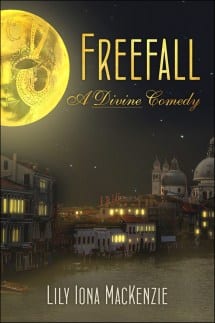 What is your next project? Pen-L Publishing has contracted with me for three additional novels, with Freefall being the first in the series. The next novel will focus on Tillie during her early life, from four until seventeen. The third? We’ll see.
What is your next project? Pen-L Publishing has contracted with me for three additional novels, with Freefall being the first in the series. The next novel will focus on Tillie during her early life, from four until seventeen. The third? We’ll see.
What genre do you write and why? I have always written in multiple genres, with poetry being my anchor. The skills I’ve learned as a poet carry over into every other category. The only medium I haven’t explored is writing plays. But I’ve published travel articles, reflective pieces, memoir, poems, book reviews, and critical essays in over 155 American and Canadian publications.
Do you snack while writing? Favorite snack? Occasionally. Popcorn
Where do you write? I use a laptop, so I can write anywhere in our house.
Do you write every day? Yes, though now I take weekends off. Usually.
In today’s tech savvy world, most writers use a computer or laptop. Have you ever written parts of your book on paper? When I first started out as a writer, I couldn’t create a poem or story on a computer. I had to handwrite my work. But since then I’ve learned how to invent on a computer, and I’m grateful for its efficiency. However, there are times when I might get stuck, and then I resort to handwriting again to help free the material.
If you could go back in time, where would you go?Since my father was Greek, I would like to explore Greece at the time of Aristotle.
Favorite travel spot? There are too many to select just one. My husband and I love to travel, but the places we would return to in a minute are Southern France, Italy, and Greece.
Favorite dessert?Apple pie or anything with lemon in it.
If you were stuck on a deserted island, which 3 books would you want with you?I think I would take three of Shakespeare’s plays because they would include comedy and tragedy. But don’t ask me to narrow it down to what three I would select!
What’s the most courageous thing you’ve ever done? I was the first woman to work on the San Francisco docks and almost got my legs broken.
Any hobbies? I love to play the piano and, in another life, I would have been a visual artist. Dabbling with paints gives me great joy, whether it’s oils or acrylics or watercolors.
If there is one thing you want readers to remember about you, what would it be? I believed in myself as a writer, and I never gave up on being published by a traditional press. My husband was a great help because he often said, “Once one book is published, a floodgate will open.” He was right!
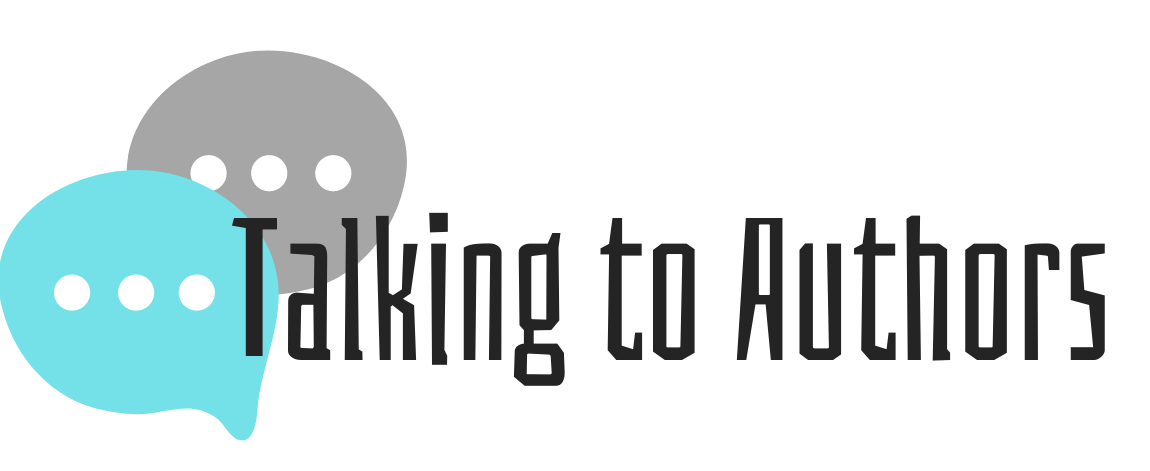

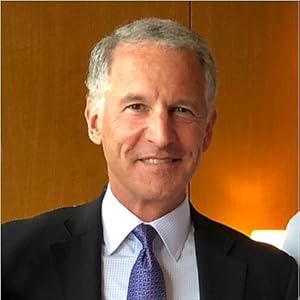

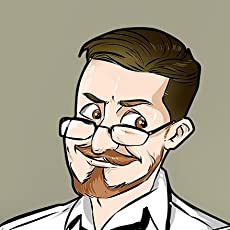
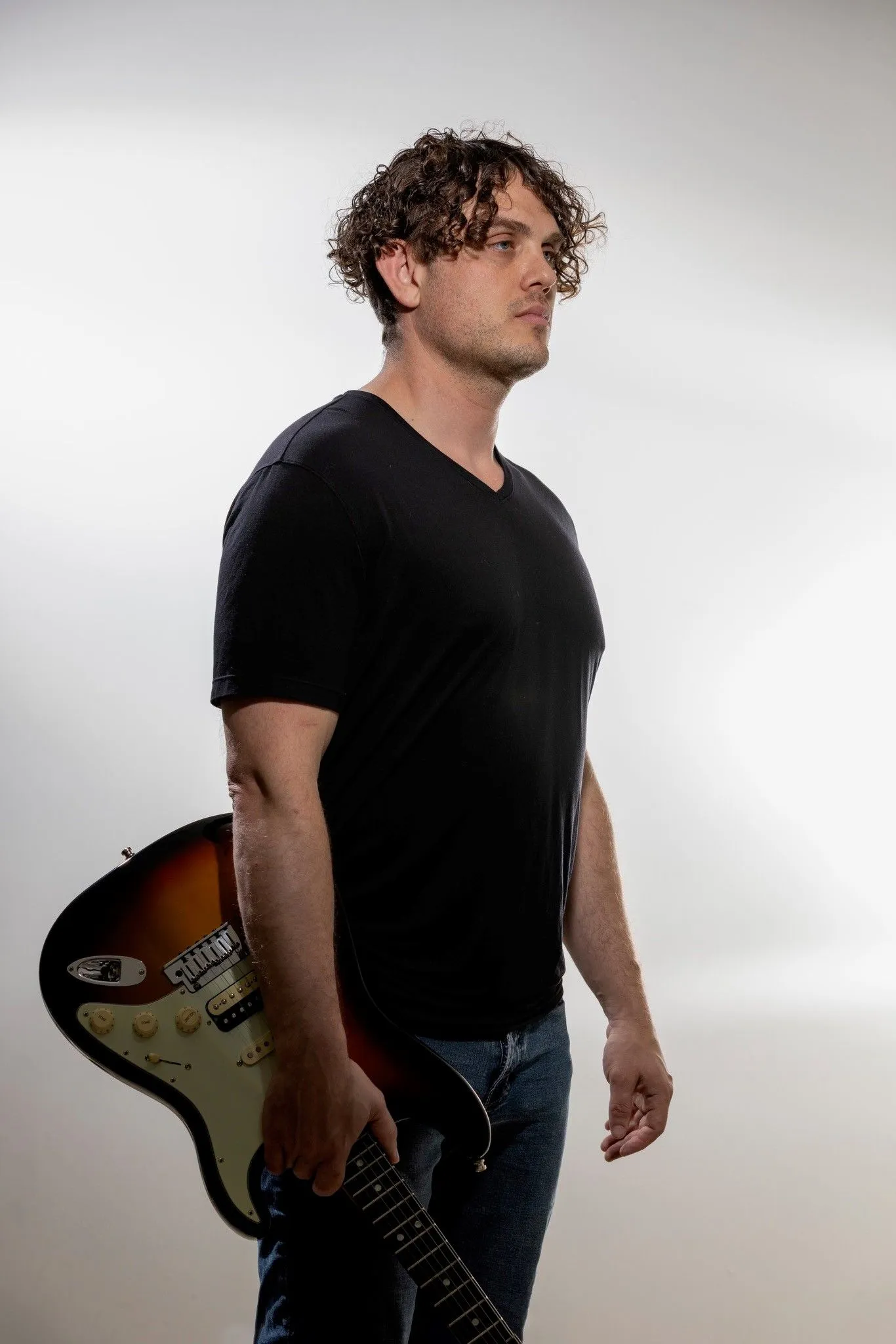
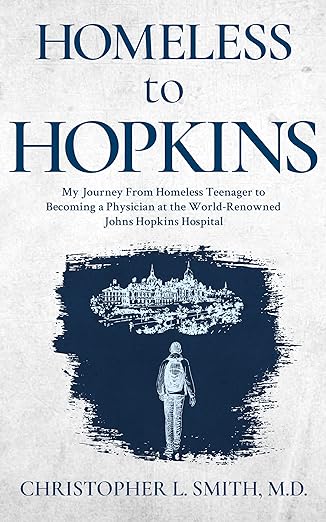
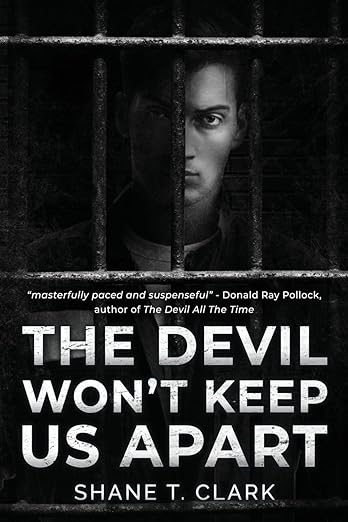
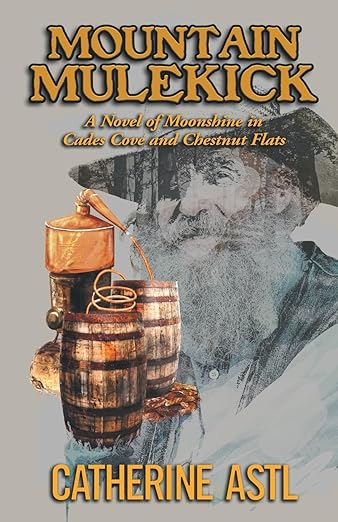
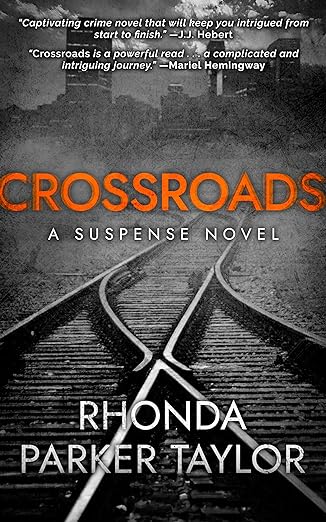
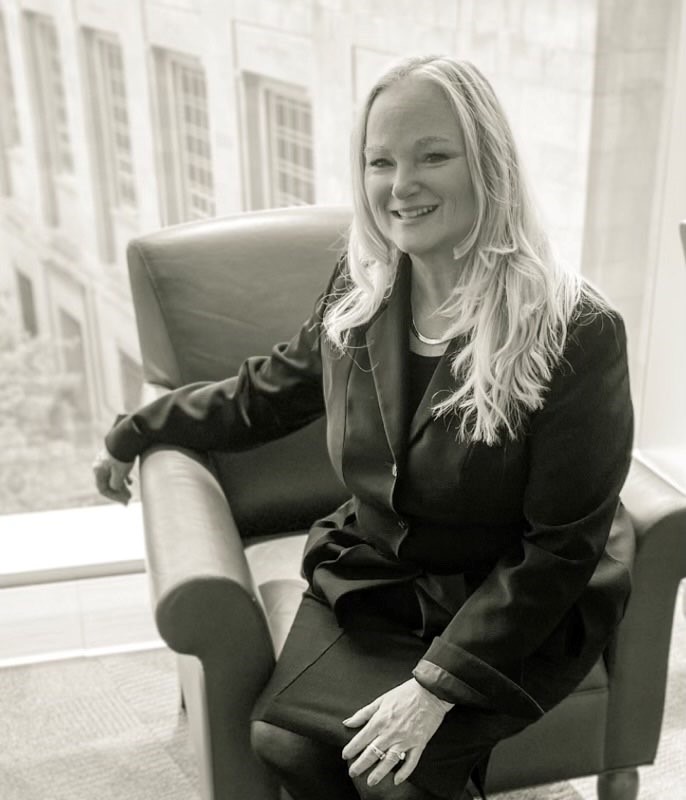
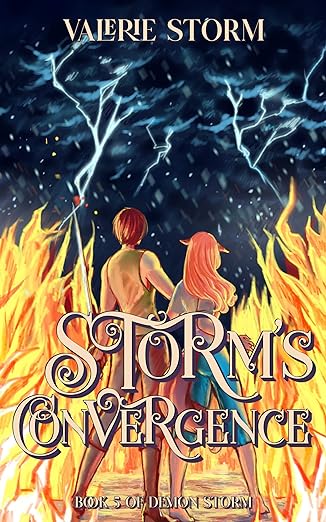
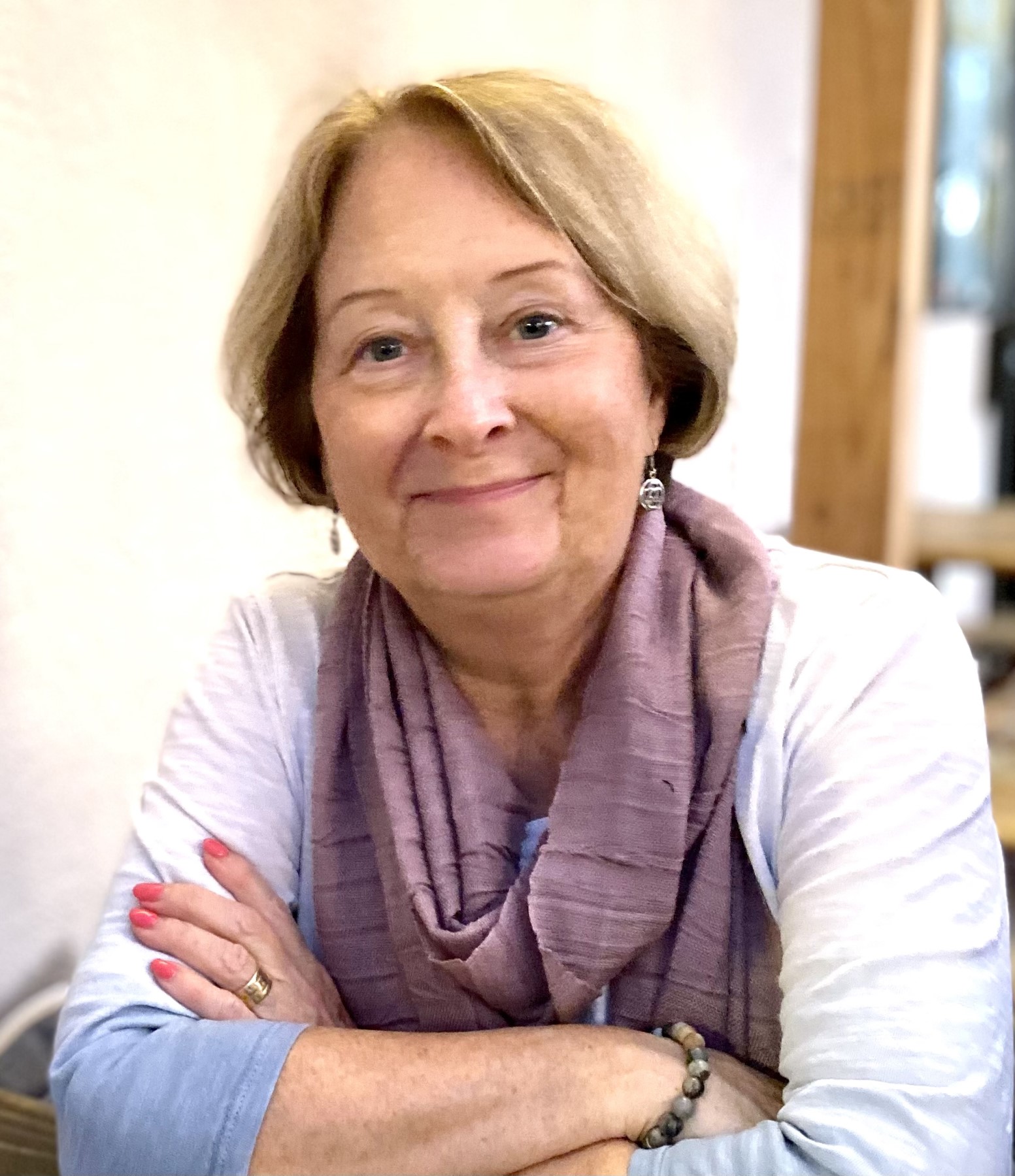
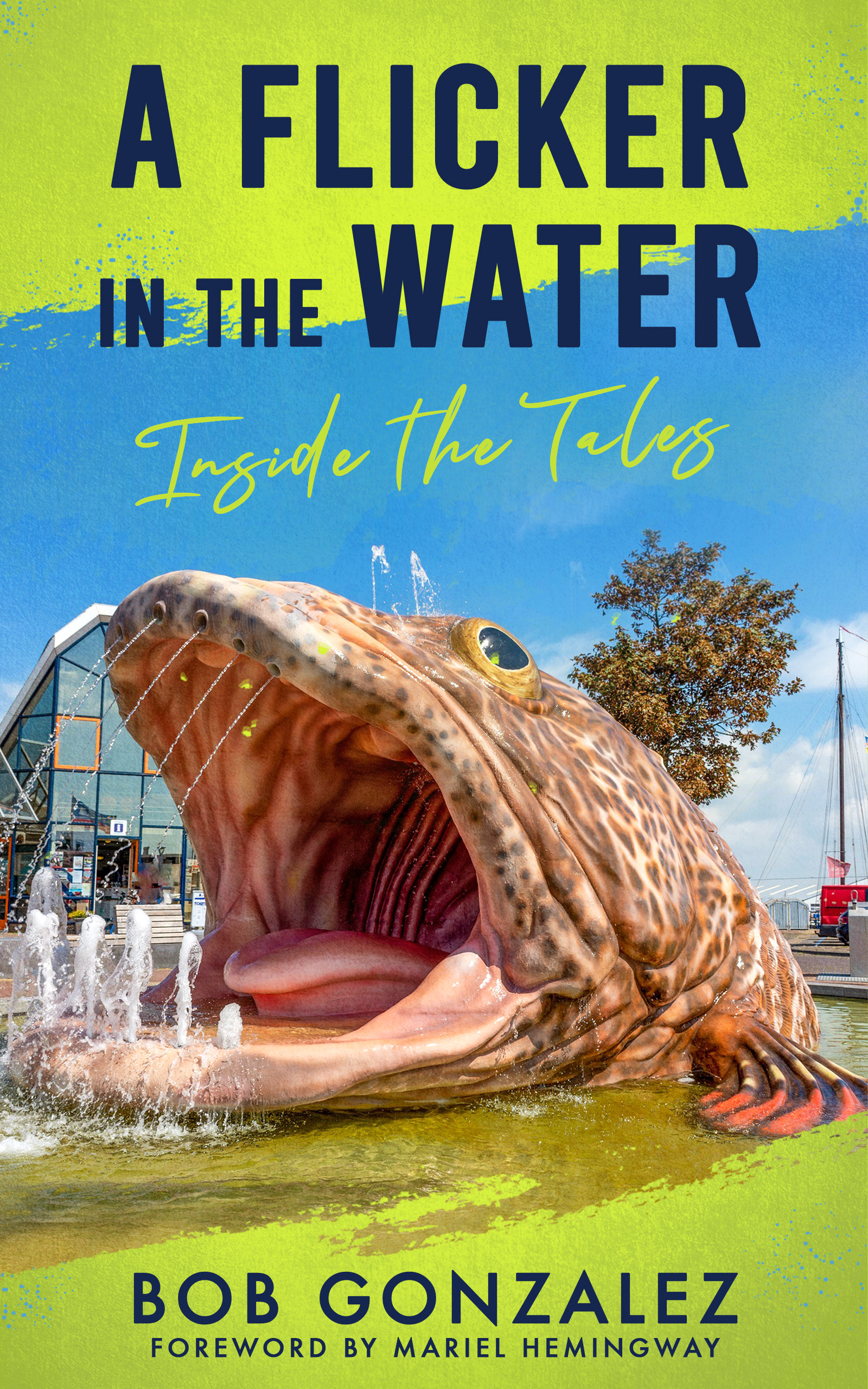
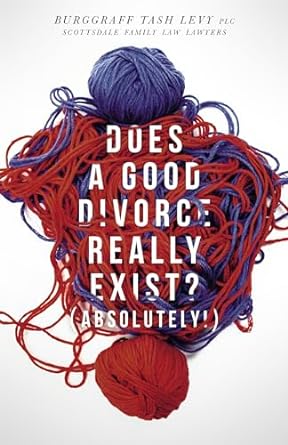
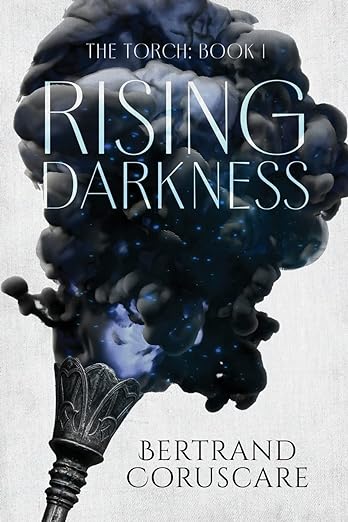
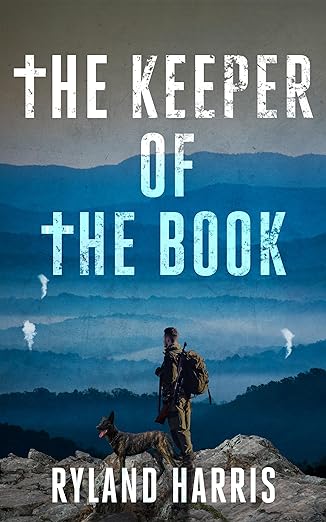
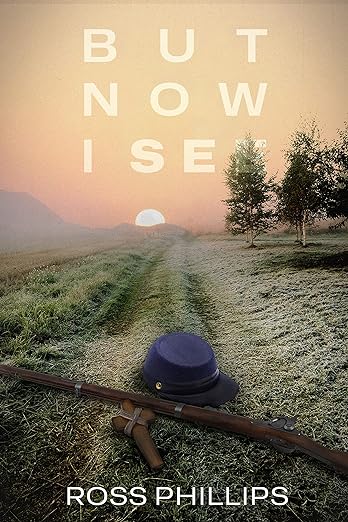
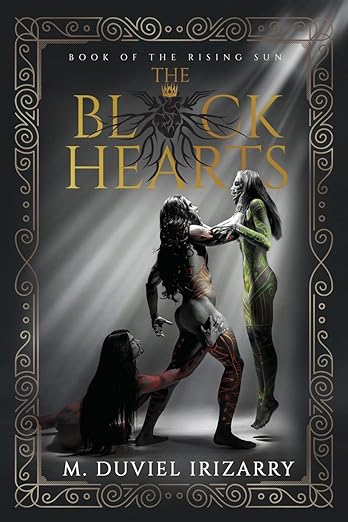
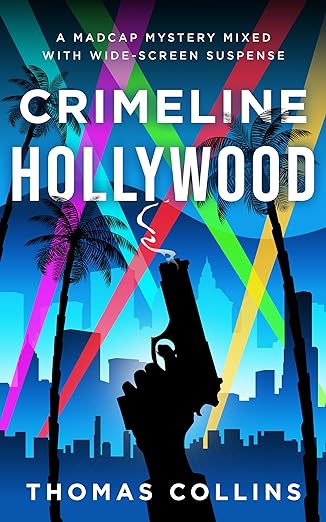
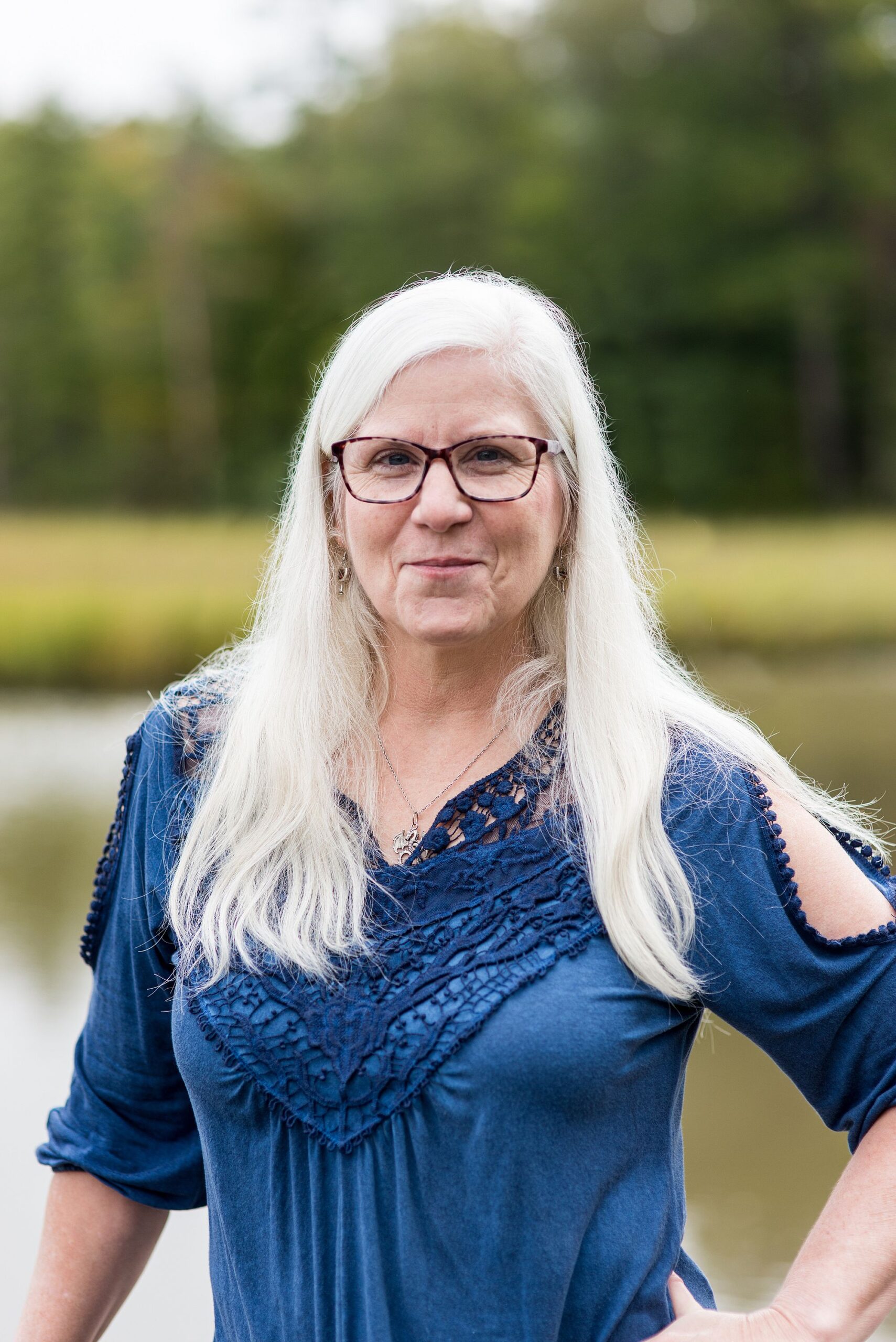
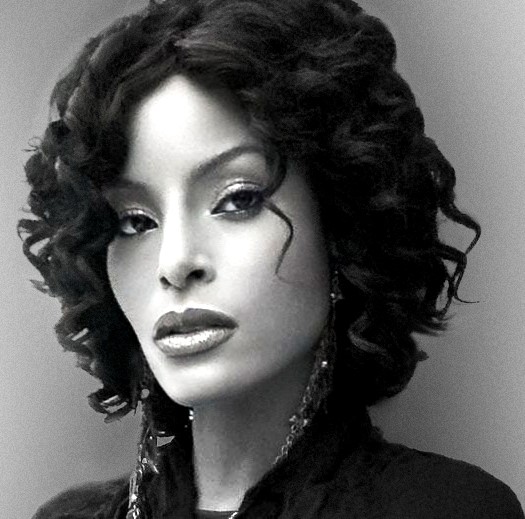
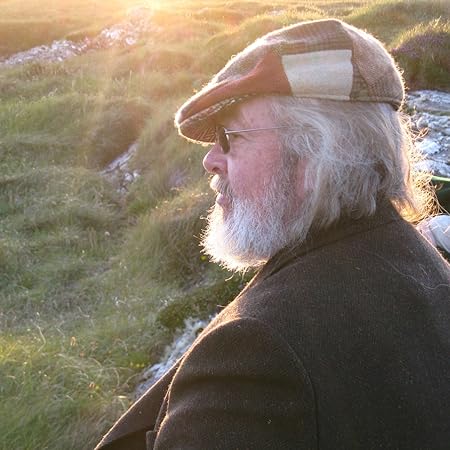
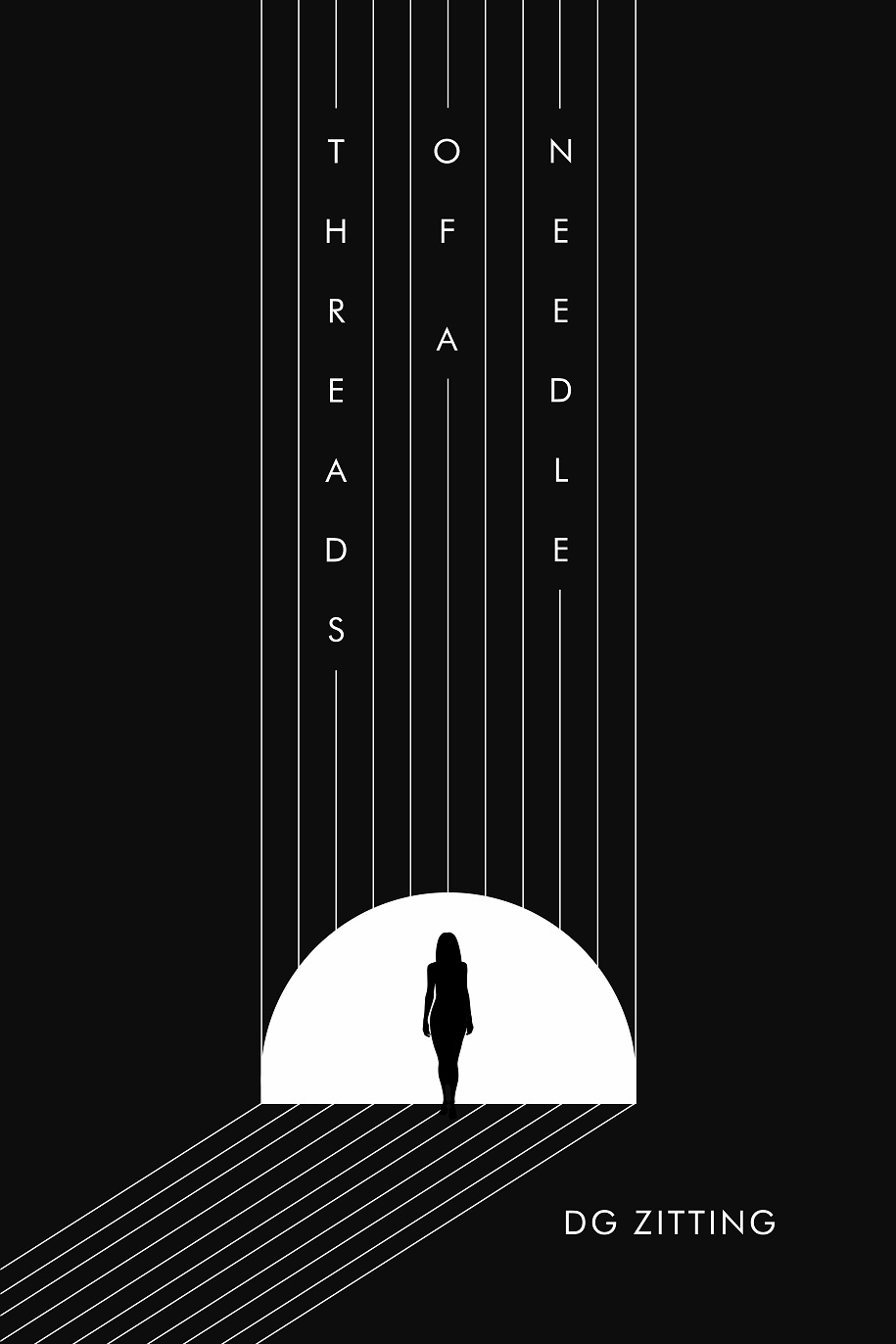
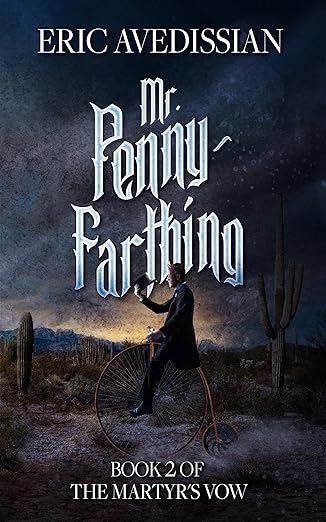
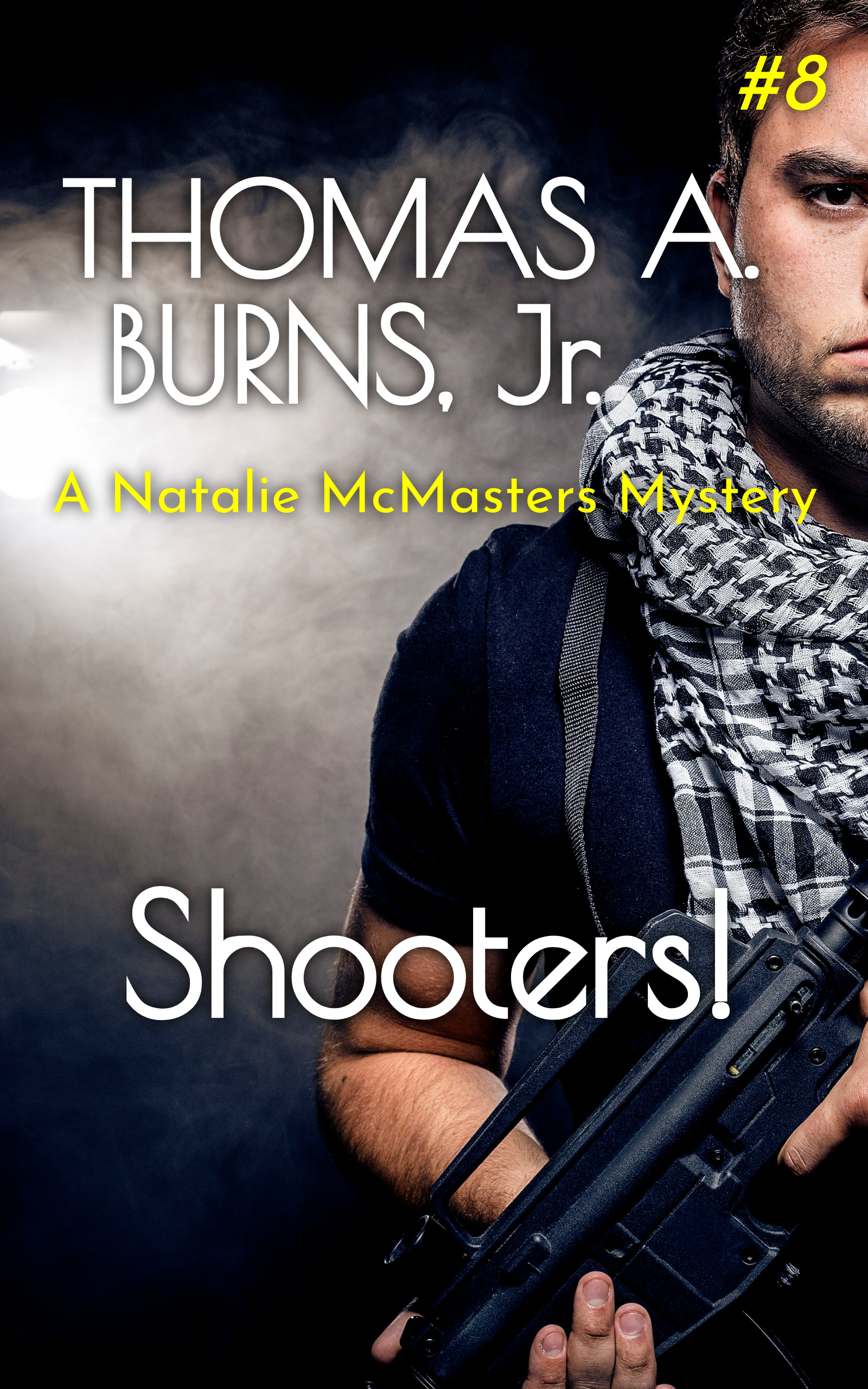
2 Responses
Thanks for hosting Lily!
Thanks for posting this interview with me. I look forward to your review of FREEFALL!